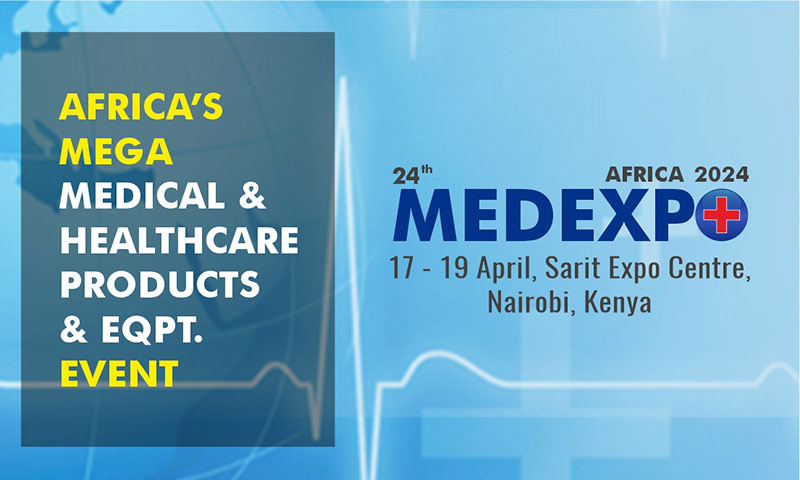

World Bank and Global Fund in commitment to invest $24bn for universal health in Africa
Posted on :Monday , 29th August 2016
The World Bank and Global Fund have made a commitment to invest $24 billion (Sh2.4 trillion) in Africa over the next three to five years to cover universal health.
The commitment made during the Sixth Tokyo International Conference on African Development (Ticad-VI) held in Nairobi will increase funding in healthcare to ensure everyone has access to quality services.
The money is also meant to help developing countries put in place surveillance systems that can help detect diseases early.
At the same event, Kenya also pledged to increase its Global Fund’s contribution from $2 million (Sh200 million) to $5 million (Sh500 million).
Speaking at the Universal Health Coverage event held on the sidelines of the Ticad event, President Uhuru Kenyatta said the commitment will be made during this years’ Global Fund’s Fifth resource mobilisation to be held in Montréal, Canada.
“In the spirit of solidarity and shared responsibility, my government is committing these resources,” President Kenyatta said.
The funds, he added, will be invested in prevention and treatment of diseases and in building health systems.
Despite progress in combatting global killers such as HIV/AIDS and vaccine-preventable diseases such as measles, tetanus and diphtheria, the World Health Organisation says the global gap between those who can access needed health services without fear of financial constraints and those who cannot is widening.
‘STRATEGIC INVESTMENTS’
“African countries can become more competitive in the global economy by making several strategic investments, including investing more in their people, their most prized resource,” said Jim Yong Kim, President of the World Bank Group.
“A critical part of this commitment is to accelerate progress on universal health coverage – ensuring that everyone, everywhere has the opportunity to live a healthy and productive life.”
Each year, the World Health Organisation reports, about 100 million people become poor because they have to spend money out-of-pocket to cater to pay for healthcare.
“Around one billion people worldwide cannot even access the health care they need, paving the way for disease outbreaks to become catastrophic epidemics,” add the WHO.
In 2014, WHO’s Director-General Margaret Chan, said African countries spent about US$126 billion of domestic funding for health, and the health organization estimates that an additional US$65 to US$115 billion in domestic funding can be mobilized annually over the next ten years.
“WHO is working with countries in Africa to generate those funds and help them shape the policies that will put them to best use,” she added.
Health economists estimate that Kenyan families’ expenditure on health care has increased by 42 per cent in a decade.
Today, households are spending up to Sh63 billion a year on health-related expenses, up from Sh44 billion in 2007.
According to the 2013 Kenya Household Health Expenditure and Utilisation Survey, the average per capita spending for all health services (inpatient and outpatient) was Sh1,609 in 2013, compared with Sh1,181 in 2007.
At the same time, outpatient care accounts for approximately 78 percent (Sh48.4 billion) of the total out-of-pocket money spent by families in pursuit of health care.
Please Select an Option
-
Exhibiting
-
Visiting
-
Information

Expogroup
Expogroup is a full service exhibition organiser with over 28 years experience in International trade exhibitions. Our current portfolio includes 28 annual exhibitions from a diverse range of industries being held across the Middle East & Africa.
EXPOGROUP © 1996 - 2024 | Privacy policy
